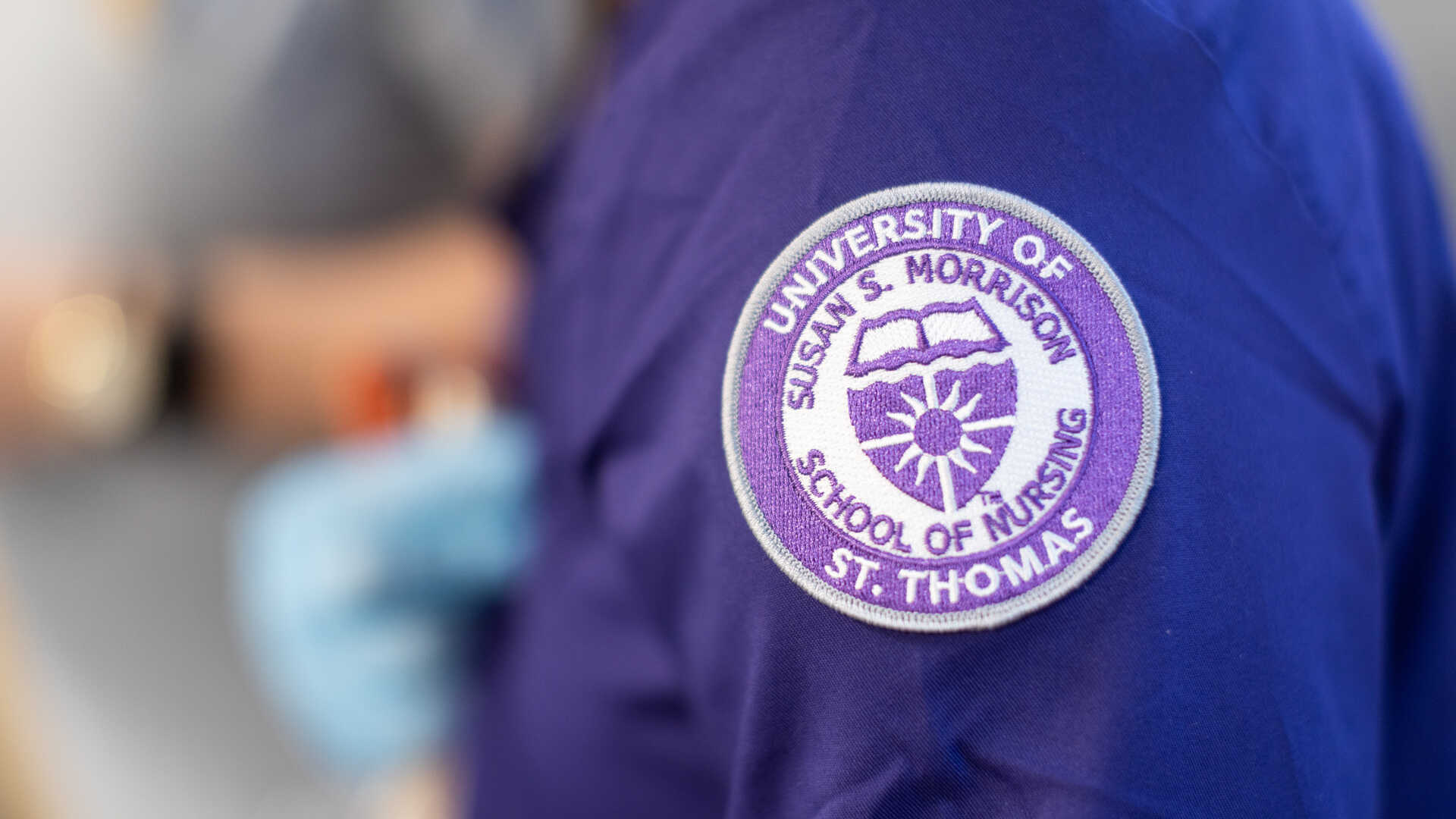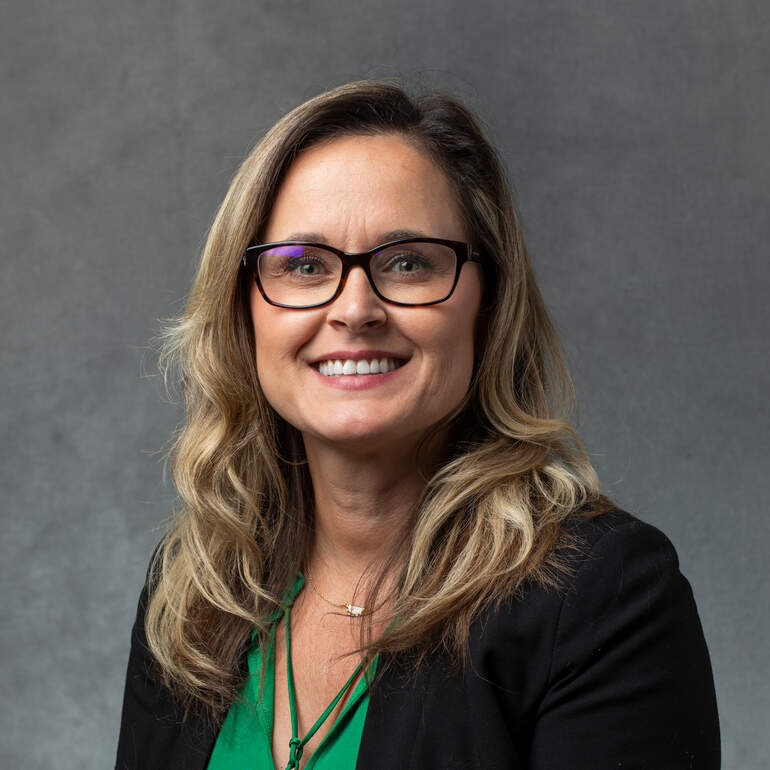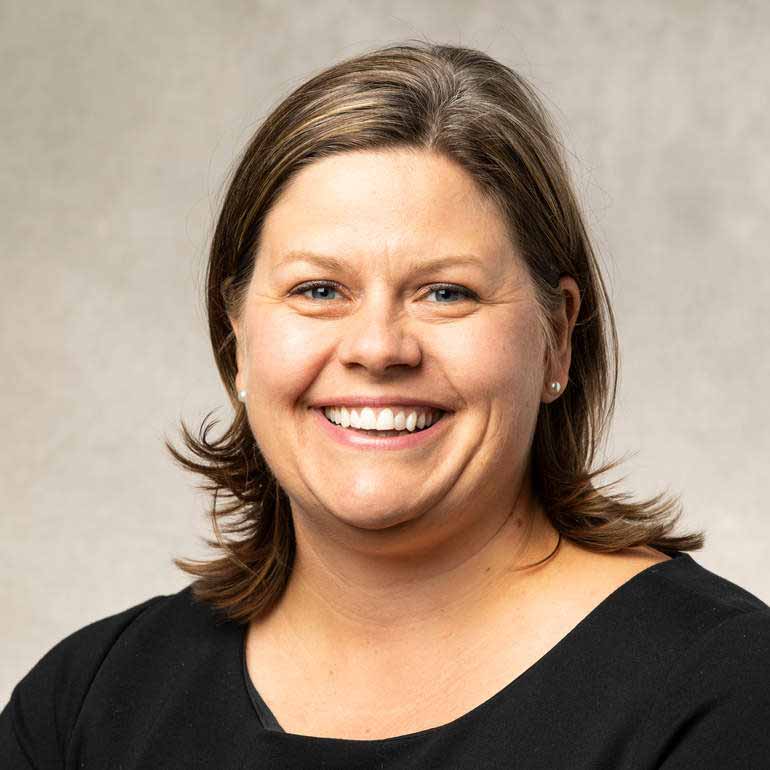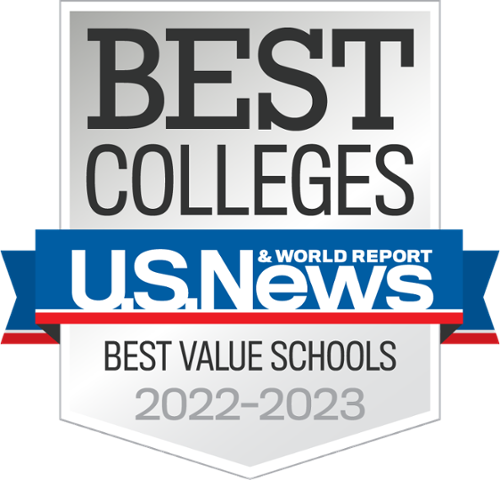Undergraduate Tuition and Fees
Please review the most up-to-date information regarding undergraduate tuition and fees on the University of St. Thomas website.
Recurring Nursing Fees
Students will incur the following fees each semester for six semesters. These figures are estimates; actual costs once enrolled may vary slightly.
- NCLEX prep - BSN*: $281 per semester
- School of Nursing eBooks†: $241 per semester
- iPad and accessories§: $151 per semester
- SON BSN fee‡: $550 per semester
Estimated total: $1,242 per semester
*Includes licensure (NCLEX-RN), prep, and testing software
†Not all books will be uploaded/available on iPad; students may need to purchase hard copies from St. Thomas Bookstore
§Includes required iPad, Apple Pencil, keyboard/case, and AppleCare warranty
‡Includes lab and clinical costs related to simulation
One-Time Nursing Fees
The following includes one-time fees for students. These figures are estimates; actual costs once enrolled may vary slightly. Students are also responsible for covering the travel, lodging and accommodation costs associated with traveling to their clinicals, which will vary by location.
- Electronic Health Record: $438
- Start-up supplies*: $200
- Uniform†: $300
- Patch/pin: $150
Estimated total: $998
*Cost is dependent on student selection. Includes stethoscope, pen light, and optional watch
†Cost is dependent on student selection. Includes scrub top, pants, jacket and polo shirt, and shoes
Scholarships and Financial Aid
The University of St. Thomas offers a variety of options and opportunities for financial aid and scholarships. Explore our resources for undergraduate students.







 There is more to learn about St. Thomas; including our ranking as a Best Value School by U.S. News & World Report, the many classroom and extracurricular activities that will be part of your student experience and so much more.
There is more to learn about St. Thomas; including our ranking as a Best Value School by U.S. News & World Report, the many classroom and extracurricular activities that will be part of your student experience and so much more.